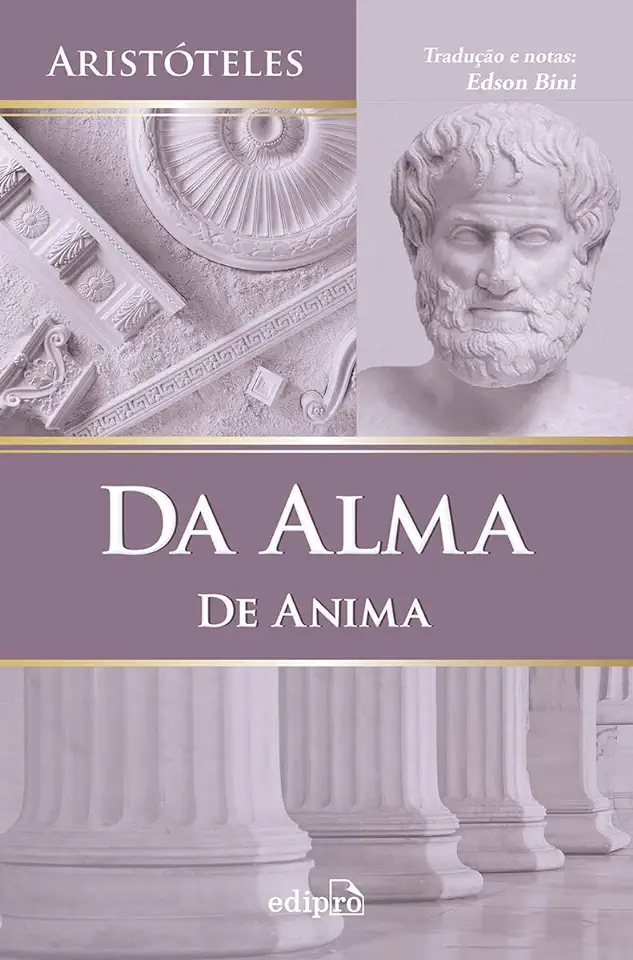
On the Soul - Aristotle
On the Soul: A Journey into the Nature of Consciousness
Aristotle's seminal work, "On the Soul," embarks on a profound exploration of the essence of consciousness, delving into the very core of what it means to be alive and aware. Written over two thousand years ago, this philosophical masterpiece continues to captivate readers with its timeless insights and profound understanding of the human psyche.
Understanding the Essence of Life
Aristotle begins his inquiry by examining the fundamental nature of life itself. He argues that the soul is the animating force that distinguishes living beings from inanimate objects. It is the source of all activity, perception, and thought, the driving force behind our existence.
The Threefold Nature of the Soul
Aristotle further divides the soul into three distinct faculties: the vegetative soul, the sensitive soul, and the rational soul. The vegetative soul governs the basic functions necessary for survival, such as growth, reproduction, and nutrition. The sensitive soul encompasses our sensory experiences, emotions, and desires. Finally, the rational soul, unique to humans, enables us to reason, think abstractly, and contemplate the world around us.
The Immortality of the Soul
One of the most enduring questions in philosophy is whether the soul survives after death. Aristotle addresses this question with his theory of the active intellect. He argues that the active intellect is separate from the body and is, therefore, immortal. This concept has profoundly influenced Western thought and continues to be debated among philosophers and theologians to this day.
The Soul and the Good Life
Aristotle believed that understanding the soul was essential for living a virtuous and fulfilling life. He argued that the soul's highest function is contemplation, the pursuit of knowledge and wisdom. By cultivating our rational faculties, we can achieve eudaimonia, the ultimate goal of human existence.
Why You Should Read "On the Soul"
"On the Soul" is a must-read for anyone interested in philosophy, psychology, or the nature of consciousness. Aristotle's profound insights and systematic approach to understanding the soul have left an indelible mark on Western thought. This seminal work is a testament to the enduring power of philosophy and its ability to illuminate the deepest mysteries of human existence.
Key Concepts:
- The soul is the animating force that distinguishes living beings from inanimate objects.
- The soul has three faculties: the vegetative soul, the sensitive soul, and the rational soul.
- The active intellect is separate from the body and is, therefore, immortal.
- The soul's highest function is contemplation, the pursuit of knowledge and wisdom.
- Understanding the soul is essential for living a virtuous and fulfilling life.
Conclusion:
"On the Soul" is a timeless classic that continues to inspire and challenge readers with its profound insights into the nature of consciousness and the human experience. Aristotle's philosophical masterpiece is a must-read for anyone seeking a deeper understanding of themselves and the world around them.